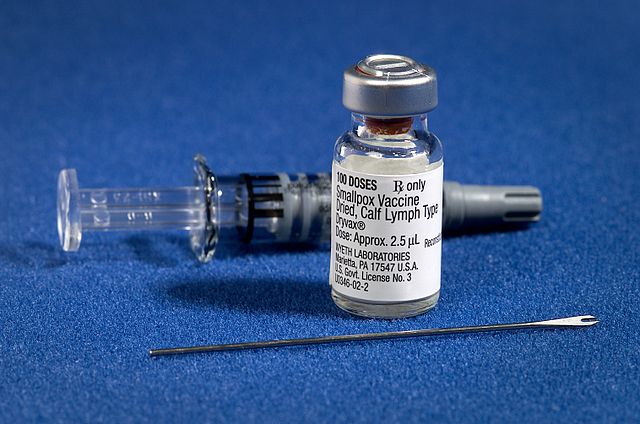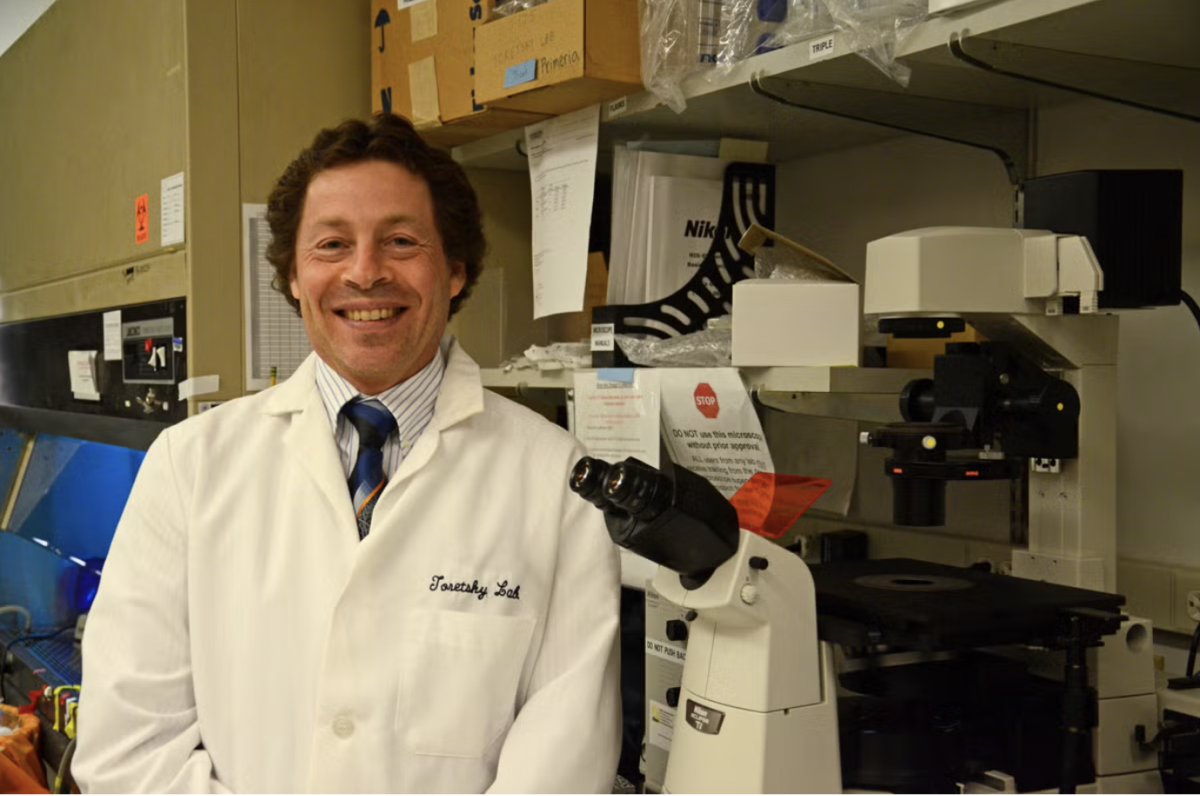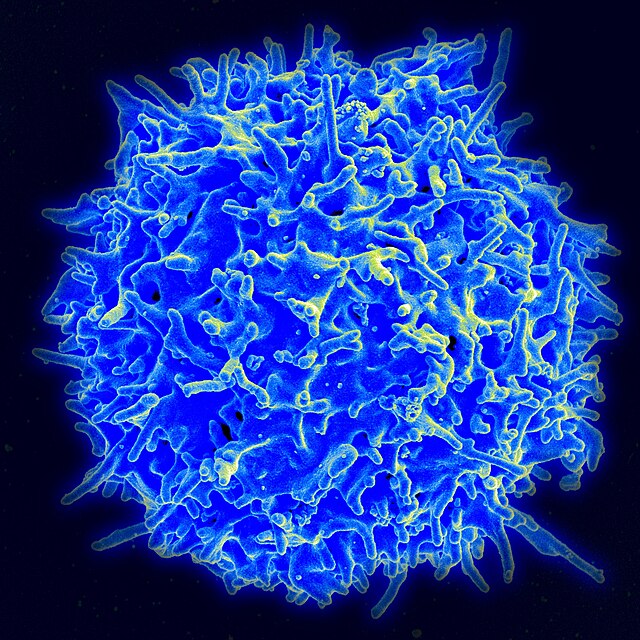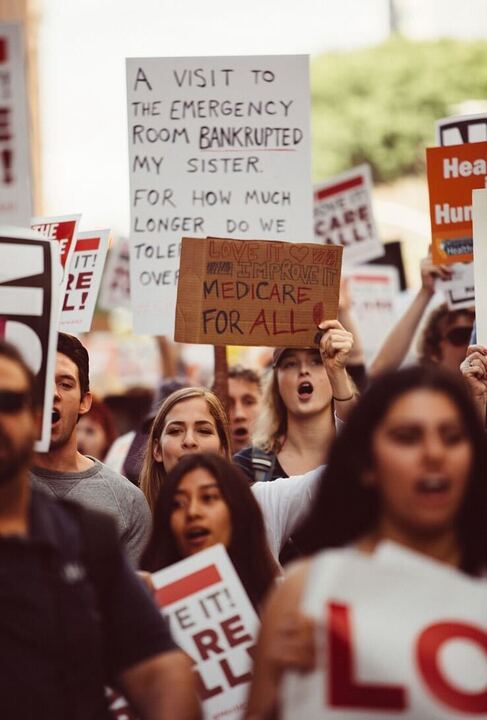A Georgetown University professor specializing in public policy and infectious diseases discussed how the COVID-19 pandemic highlights critical flaws in the global economic approach to health crises at a seminar April 9.
The event was part of Georgetown’s health and the public interest (HAPI) master’s program, which prepares students to tackle complex global health challenges that intersect with culture, psychology and policy. Taylor Winkleman, the professor, explained how classical economics can help explain decision-making during health care crises.
Winkleman said pandemics uniquely illustrate different levels of decision-making.
“The pandemic is a good example of a global problem that has global issues,” Winkleman said at the event. “Therefore, we can use this to examine choices at multiple levels. We can look at choices made by individuals, countries, states or international choices.”
Winkleman added that infectious diseases require a unique policy approach because they can emerge and spread without deliberate action.
“Weapons of mass destruction usually have to be deliberately made,” Winkleman said. “You actually don’t have to do anything to make an infectious disease harmful.”
Winkleman identified major misalignments that contributed to policy failures in the economic response to COVID-19.
Winkleman said one misalignment is that, during a pandemic, the global economy is less concerned with incentivizing innovation for the long term and more focused on preventing actions that put people at immediate risk.
“We’re not concerned about how they are incentivizing innovation to get through the pandemic,” Winkleman said. “We are concerned about what they are or are not doing that could put us at risk.”
According to Winkleman, policy failures also emerge when the public health sector does not fairly distribute important resources, like information and vaccines. These disparities are evident from the United States’ COVID-19 response, with Black and Latino populations facing higher rates of infection and death due to limited access to testing, vaccines and accurate health information.
Winkleman said government responses to COVID-19 failed to ensure equitable vaccine distribution worldwide, despite taking important steps to incentivize pharmaceutical companies to develop such vaccines.
“Since we incentivized innovation by giving pharmaceutical companies insane amounts of money and resources to create the vaccine, we were able to create one in less than 12 months,” Winkleman said. “But we were not concerned with the equity of the vaccine.”
Ana Konakanchi (SOH ’28), a global health major, said countries should reject economic individualism.
“The pandemic, and specifically the period where the vaccine was being distributed, was just another example of countries acting economically, meaning they were looking out for their own interests,” Konakanchi told The Hoya. “If we had learned to cooperate better, it’s possible that the pandemic could have been contained earlier and better with the emergence of fewer variants.”
Global efforts like the COVAX initiative, which aimed to ensure equitable access to COVID-19 vaccines regardless of income level, faced challenges such as vaccine hoarding by wealthier nations.
Marin Napolitano (CAS ’28), who studies political economy, said vaccine equity underscores how economic factors influence public health.
“I thought what Winkleman said about equity in disturbing the vaccine was really interesting,” Napolitano told The Hoya. “In economics, I remember learning about the ‘efficiency versus equity’ dilemma — how policies that generate economic activity are not always evenly distributed within a society — and I think applying that idea to the vaccine creation highlighted how economic dilemmas are directly tied to public health.”
Winkleman said economics should be a means to achieve public good, not an end in itself.
“We should recognize that the economy, in fact, should be a tool, not an outcome,” Winkleman said. “The economy is the means to achieve what it is we want to do. So, if we want there to be fewer deaths from infectious disease, the economy is one of the tools we can use to do that.”






